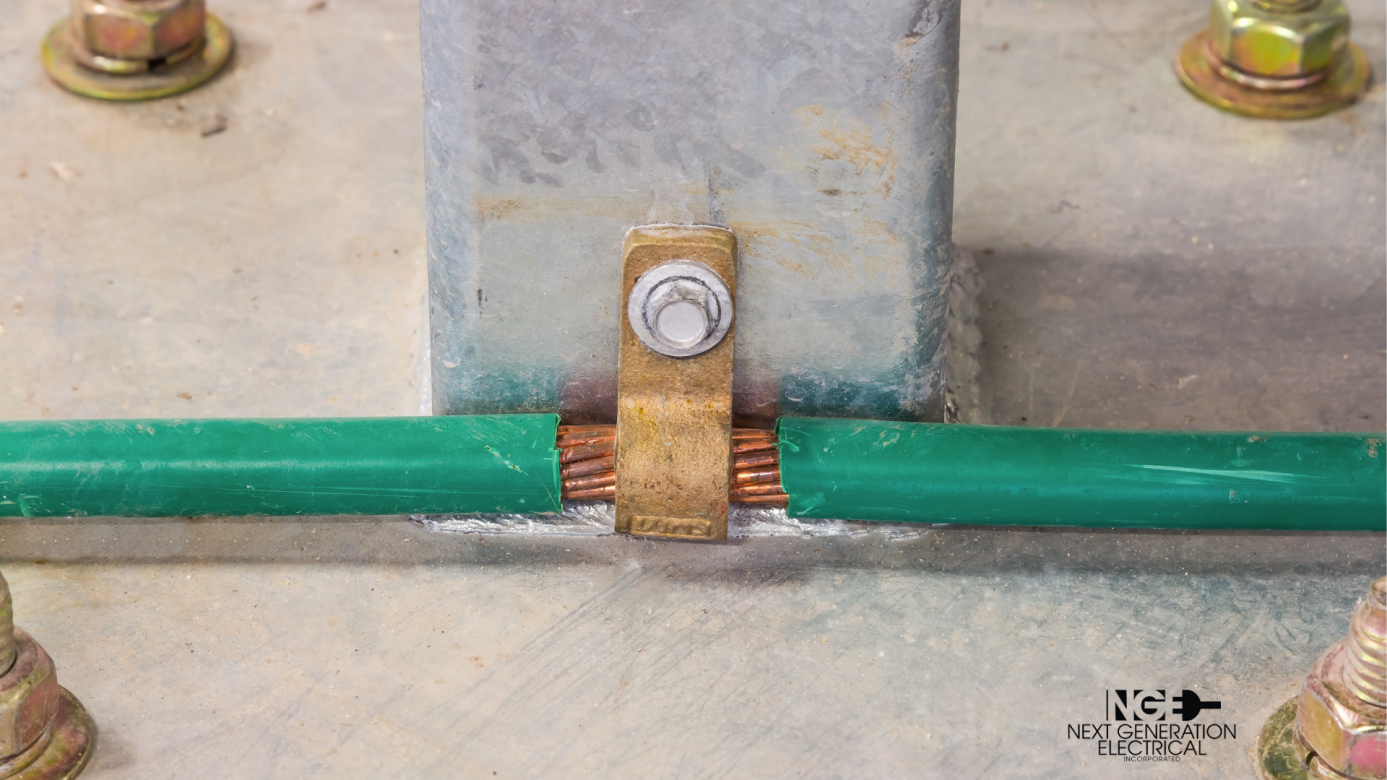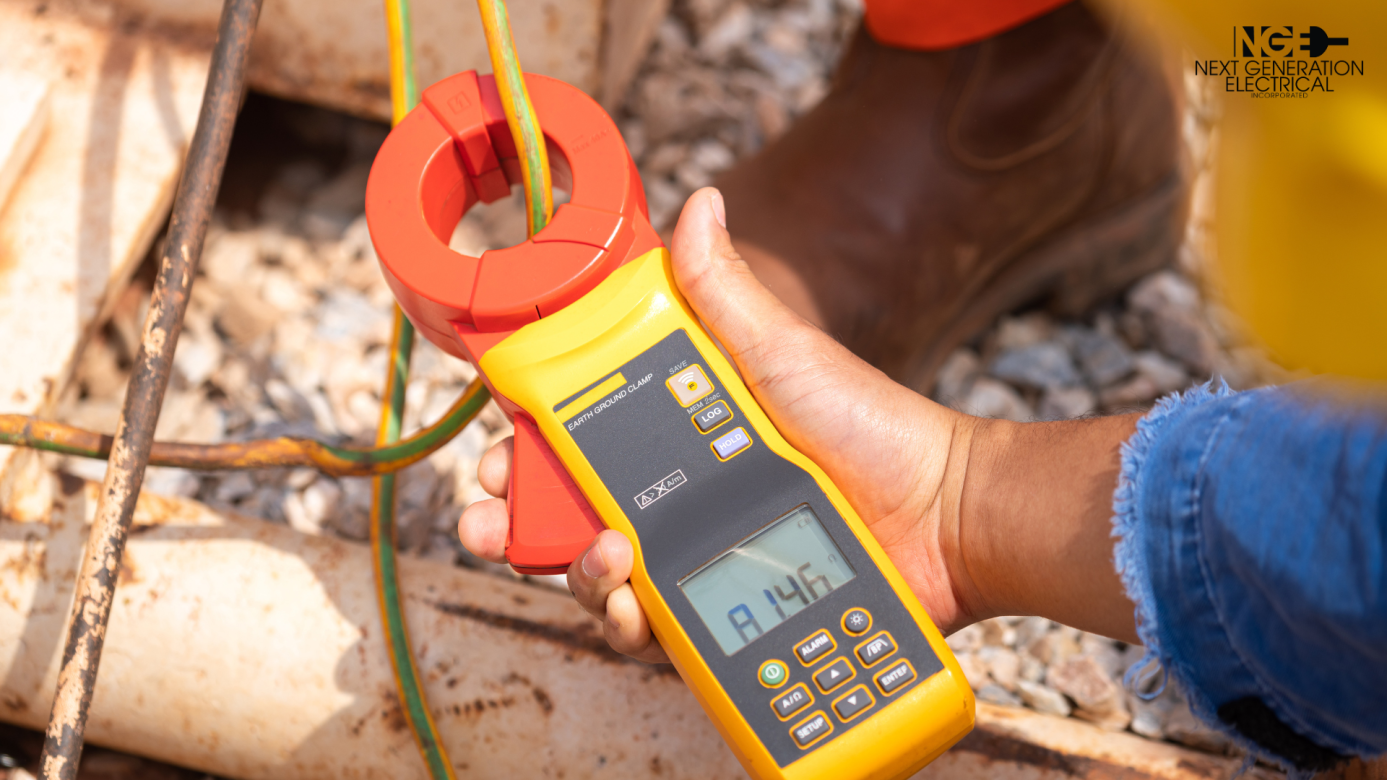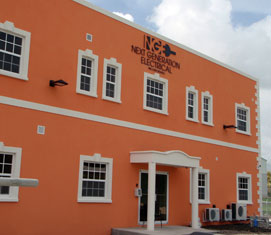Ensuring Safety & Stability: The Importance of Proper Grounding and Bonding Practices in your Building
Ensuring Safety & Stability: The Importance of Proper Grounding and Bonding Practices in your Building
In the realm of construction and architecture in Barbados, one crucial aspect often overlooked is the electrical grounding of a building. While it may not be as visually striking as architectural design or as immediately noticeable as interior décor, proper electrical grounding plays a pivotal role in ensuring the safety, stability, and functionality of a structure. In this blog post, we'll delve into the significance of grounding, its impact on electrical systems, and why it should be a priority in any construction project.
Understanding Electrical Grounding:
Electrical grounding refers to the connection of an electrical system or device to the ground, providing a pathway for electric current to flow safely into the earth. The primary purpose of grounding is to ensure the safety of both people and equipment by preventing electrical shocks and minimizing the risk of fire. Without proper grounding, electrical faults and surges can lead to catastrophic consequences, including damage to electronic devices, injury, or even loss of life. In Barbados, the NFPA 70 National Electric Code (NEC) is used as the standard for electrical installations, with the Government Electrical Engineering Department (GEED) being the Authority Having Jurisdiction (AHJ). The AHJ is responsible for approving equipment, materials, and installation, or a procedure.
There is a difference between bonding and grounding, although both form part of the same safety measure – to protect life and equipment. From the NEC, a bonding conductor is a reliable conductor used to ensure the required electrical conductivity between metal parts that are required to be electrically connected. It is connected to establish continuity and conductivity. A grounding conductor is a system or circuit conductor that is intentionally grounded, i.e. connected to ground (the general mass of the earth) or to a conductive body that extends to the ground connection.
Safety First: Protection Against Electrical Shocks
One of the fundamental reasons to properly ground a building is to protect its occupants from electrical shocks. In the event of a fault, such as a short circuit or equipment malfunction, the grounding system provides a low-resistance path for excess current to flow into the ground, effectively preventing the buildup of dangerous voltages. This ensures that metal parts of electrical equipment and the building itself remain at a safe voltage level, reducing the risk of electric shock. A bonding conductor or a grounding conductor should never be used as a current carrying conductor under normal operating conditions. These conductors should only have fault currents, i.e. under fault conditions.
Equipment Protection and Functionality:
Beyond safeguarding individuals, proper grounding is essential for the protection and optimal functioning of electrical equipment. Grounding helps to stabilize voltage levels, prevent voltage spikes, and reduce the risk of damage to sensitive electronic devices. Without adequate grounding, power surges resulting from lightning strikes or electrical faults can wreak havoc on appliances, computers, and other critical systems, leading to costly repairs and downtime.
Fire Prevention:
In addition to personal safety and equipment protection, grounding significantly contributes to fire prevention. When electrical faults occur, the excessive heat generated can ignite flammable materials or cause insulation to melt, posing a serious fire hazard. By providing a path for fault currents to safely dissipate into the ground, proper grounding helps mitigate the risk of electrical fires, protecting both the building and its occupants.
Compliance with Electrical Codes and Standards:
Adhering to GEED electrical codes and standards is not only a legal requirement but also a critical step in ensuring the long-term integrity of a building. Regulatory bodies establish guidelines for electrical grounding to guarantee the safety and reliability of electrical systems. Compliance with these standards is essential for obtaining permits, passing inspections, and avoiding legal complications that may arise in the event of an electrical incident.
In the grand scheme of construction, electrical grounding and bonding may seem like a small detail. However, its impact on safety, equipment functionality, and the overall stability of a building cannot be overstated. Proper grounding is a foundational element that forms the backbone of a secure and efficient electrical system. As architects, builders, electrical contractors, and homeowners, it is our responsibility to prioritize and implement effective grounding practices to ensure the well-being of occupants and the longevity of our structures. Remember to always consult with and hire a reputable electrical contractor for your building/renovation projects.
For more information, you can always contact us at: info@ngebarbados.com or (246) 426 2871





